

Feeling weighed down by persistent sadness, emptiness, or exhaustion? Our depression treatment in Lexington, KY offers a personalized program you can begin close to home.
Whether you need the structure of Partial Hospitalization (PHP), the flexibility of Intensive Outpatient (IOP), or lighter weekly Outpatient (OP) check-ins, you’ll work with clinicians who fine-tune medication, teach effective coping strategies, and track your progress in real time.
If symptoms intensify, we can coordinate seamless transfers to trusted inpatient depression treatment centers and welcome you back for step-down care once you’re ready. It’s time to trade hopelessness for healing.
Depressive disorders cause persistent feelings of sadness, hopelessness, and loss of interest in once-enjoyed activities. Much like anxiety, depression can deeply interfere with a person’s ability to function in everyday life.
Those with depressive disorders may isolate themselves, neglect responsibilities, or struggle to perform basic self-care. Over time, the disorder can impact relationships, work, and overall quality of life.
Everyone experiences occasional sadness or low energy. In fact, feeling down in response to life stressors is a normal part of the human experience. However, when someone has a depressive disorder, these symptoms persist for weeks or longer and occur even in situations where most people would feel emotionally stable or content.
At Lexington Addiction Center, psychiatrists manage antidepressants or anti-anxiety meds. At the same time, therapists guide Cognitive Behavioral Therapy (CBT) and Dialectical Behavior Therapy (DBT) to reframe negative thoughts and teach emotion-regulation skills.
Because programs are outpatient, you can continue living at home, practicing new habits in everyday settings, while still meeting with clinicians several times a week for check-ins. Group sessions foster peer support, while individual counseling delves into triggers.
Wellness classes, such as yoga or mindfulness, complement care. In short, anxiety and depression treatment in Lexington, KY blends medication, skills training, and lifestyle changes into one cohesive depression treatment plan that meets you where you are and grows with your progress.
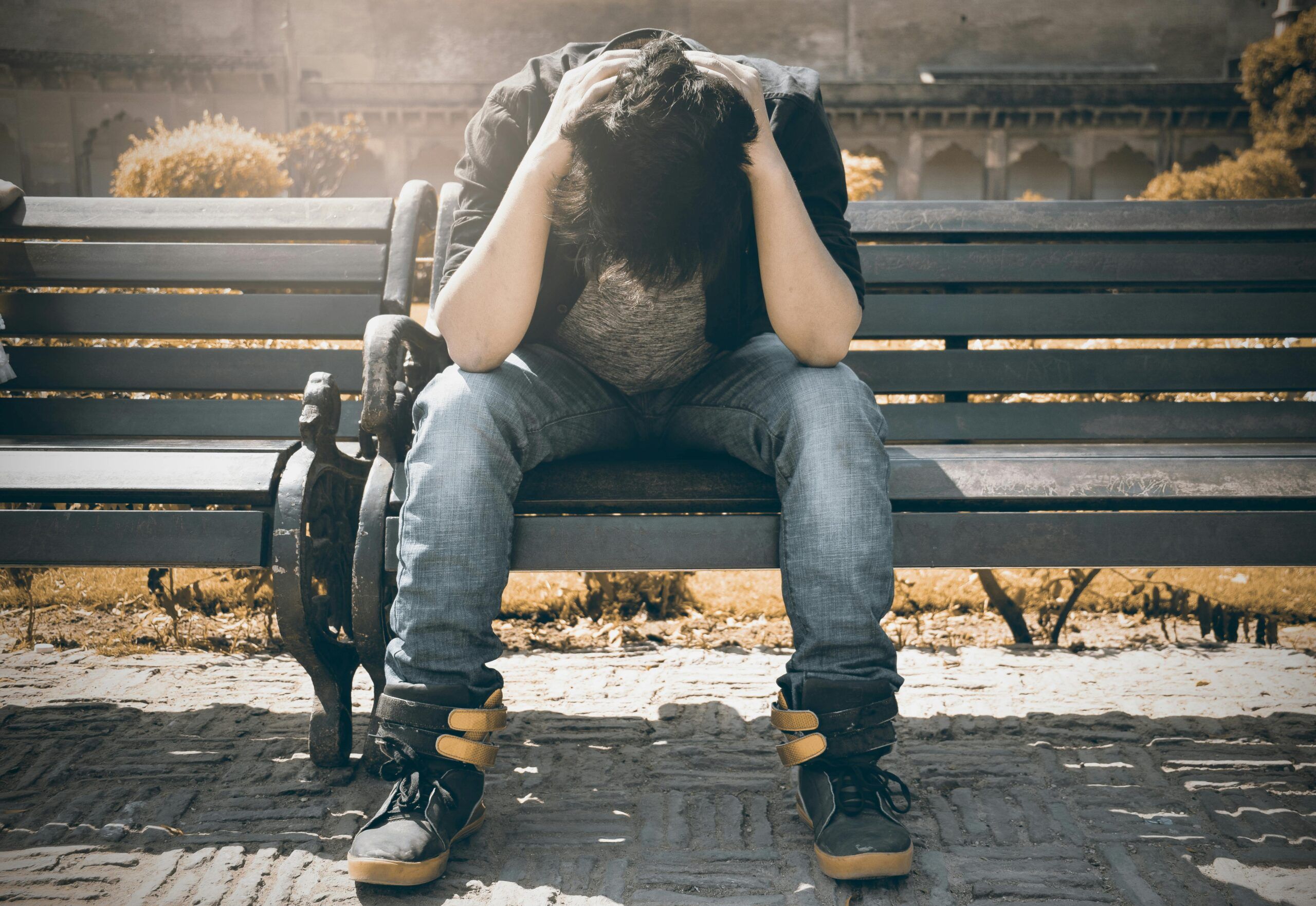
Unlike a quick doctor visit, depression recovery centers surround you with wrap-around resources. You’ll see a board-certified psychiatrist for medication adjustments, nurses who track sleep and nutrition, and master-level therapists who lead CBT, DBT, or family sessions.
Care coordinators handle insurance questions, schedule follow-ups, and link you to community supports, so administrative stress never derails your depression treatment.
Because everyone on the team shares notes in real-time, subtle warning signs such as changes in appetite or rising anxiety are caught early and addressed before they escalate into a full episode. The result: steadier mood, clearer thinking, and a faster return to work, school, and relationships you value.
Persistent sadness that lingers for two weeks or more is the most significant red flag, but it rarely occurs in isolation. Add constant worry that drains focus, dramatic changes in sleep or appetite (too much or too little), and a growing sense of hopelessness, and the picture becomes clearer.
Many people also pull back from friends or cancel plans because even small tasks feel overwhelming.
If you notice thoughts like “What’s the point?” or catch yourself imagining life without you in it, reach out immediately to a center for depression treatment. Early help can shorten episodes, prevent hospitalization, and reconnect you to the support you deserve
Common symptoms of depression include the following:
For a depression diagnosis, symptoms must last longer than two weeks. In addition, there are some features among symptoms that can be further categorized.
How It Supports Depression Treatment:
Challenging negative thoughts and replacing them with realistic ones
How It Supports Depression Treatment:
Teaches emotion-regulation and distress-tolerance skills
How It Supports Depression Treatment:
Builds acceptance and values-based action for lasting change
How It Supports Depression Treatment:
Lowers cortisol and improves mood awareness
How It Supports Depression Treatment:
On-site psychiatrist adjusts antidepressants or anti-anxiety meds
How It Supports Depression Treatment:
Educates loved ones and rebuilds healthy communication patterns
How It Supports Depression Treatment:
Addresses substance use that can undermine depression treatment progress
Yes. When symptoms become unmanageable at home—such as suicidal thoughts, psychotic features, or an inability to perform daily tasks—we coordinate quick admissions to trusted depression treatment centers, inpatient, nearby hospitals offering inpatient treatment for depression, or accredited rehab centers for depression that provide 24/7 monitoring.
Our team arranges transportation, shares medical records, and maintains contact to provide a consistent point of support throughout your stay.
Once mood and safety improve, we guide you back into PHP, IOP, or OP for step-down care, ensuring continuity of your medication management, therapy, and peer support. This seamless hand-off keeps momentum strong while matching the level of care to your immediate needs.
Roughly one-third of adults with major depression also struggle with alcohol or drug misuse, and an estimated 50 percent report past trauma.
That overlap can derail progress if left unaddressed, so our depression treatment programs always screen for both. When substances are involved, you’ll receive Medication-Assisted Treatment (MAT) and relapse-prevention groups alongside mood-stabilizing meds.
If trauma memories spike anxiety or flashbacks, therapists integrate EMDR or trauma-focused CBT and keep sessions paced at your comfort level.
By weaving addiction and trauma care into every therapy block, we avoid the “silo effect” common at traditional treatment centers and give you one coherent plan that heals root causes and symptoms together.
Expect a clear routine. The PHP program for depression meets five days a week, 25–30 hours total. Mornings start with mindfulness or gentle yoga, followed by skills groups (CBT, DBT) and a midday medication check. You’ll have two one-on-one sessions each week, plus an evening family group.
Transitioning to IOP reduces the workload by 9–15 hours across three to five days, consisting of daytime work or classes, followed by late-afternoon therapy blocks and peer support circles.
Nurses track sleep, appetite, and side effects throughout, and your psychiatrist reviews meds every other week. Because this outpatient model lets you sleep at home, you can practice new coping skills in real life and debrief the next day.
Types of depressive disorders include the following:
This type of depression is one of the most common types. A person experiences a majority of the above-mentioned symptoms for about two weeks. These symptoms impair their ability to function in daily life.
This disorder is similar to major depression. However, those with dysthymia can often function in daily life. Yet, they feel an underlying sadness or dissatisfaction with life that can last long periods of time.
After giving birth, most women experience some form of postpartum depression. These symptoms include intrusive fears of harming their newborn, loneliness, uncontrollable sadness, and other depressive symptoms. For some women, however, symptoms do not go away on their own without professional help.
SAD is a type of seasonal depression. Most people experience SAD during the winter months or during a decrease in daylight hours, and become temporarily isolated. People with SAD might feel especially anxious and irritable during the winter months.
Some types of depression can include features of other mental health disorders. For example, some people have hallucinations or delusions that accompany depression. This is called “psychotic depression.”
Others have depression during the depressive stages of bipolar disorder. Depression treatment in Lexington is part of our primary mental health and dual diagnosis treatment programs.
Often, these mental health disorders are treated with a combination of psychiatric medications and behavioral therapy. Anxiety and depression treatment in Lexington uses different approaches to help our clients build a plan that works for them.
We offer traditional therapies, like cognitive-behavioral therapy (CBT) as well as innovative techniques such as eye movement desensitization and reprocessing (EMDR). In addition, our treatment center offers holistic therapy to help clients find multiple pathways to health and wellness.
Since depression is a common trigger of substance abuse, we also have dual diagnosis treatment. This helps those with co-occurring mental health and substance use disorders manage both issues at the same time.
Length depends on the severity of symptoms and the goals. Most residential stays last about 30 days, providing round-the-clock stabilization before stepping down to IOP. In outpatient care, depression treatment programs usually run eight to twelve weeks, long enough to cement coping skills and optimize medication.
After graduation, alumni gatherings and monthly medical management visits help maintain momentum.
For chronic cases, some clients choose booster sessions or light treatment programs for depression every few months, similar to preventive medical checkups. Whatever the timeline, your therapist reviews your progress every two weeks and adjusts the frequency as needed to ensure care remains effective without dragging on longer than necessary.
Yes—finances shouldn’t block care. Our admissions team offers free, confidential insurance verification services for depression treatment in Lexington, KY. We work with Anthem Blue Cross Blue Shield, Aetna, Cigna, Humana, UnitedHealthcare, and most PPO plans. We’ll explain deductibles and copays upfront.
No coverage? Ask about sliding-scale fees and zero-interest payment plans so you can focus on your healing, not worrying about billing.

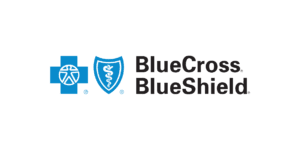


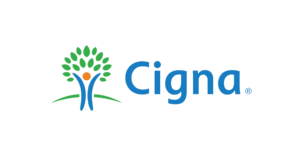


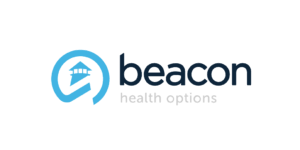
One call launches a same-day clinical assessment. If you’re in crisis, we coordinate transport to a trusted partner for depression treatment inpatient within hours. Stable enough to stay home? Complete virtual paperwork tonight and begin PHP or IOP as early as tomorrow. Either path provides a seamless bridge back to our outpatient programs once symptoms improve.
Results aren’t about a single dramatic turnaround. They’re about steady, trackable wins that hold up over time.
Most clients leave PHP sleeping a full night again and report a noticeable drop in daily anxiety within the first month. By the end of IOP, energy and concentration improve enough for many to return to work, classes, or family routines.
Six‑month alumni surveys show most still using coping skills from CBT or DBT sessions, attending a peer‑support group at least monthly, and rating their mood as “stable” or “mostly stable.”
Treatments often include Cognitive Behavioral Therapy (CBT), Dialectical Behavior Therapy (DBT), Acceptance and Commitment Therapy (ACT), and trauma-informed methods like EMDR. Many programs also integrate mindfulness, yoga, and family counseling for holistic healing.
PHP (Partial Hospitalization Program) offers structured care five days a week, IOP (Intensive Outpatient Program) provides therapy 3–5 days weekly with more flexibility, and OP (Outpatient Program) includes light weekly check-ins. All levels allow patients to live at home while getting support.
If symptoms last more than two weeks—like persistent sadness, sleep changes, fatigue, or racing thoughts—it’s time to reach out. Suicidal thoughts, hopelessness, or withdrawing from life are urgent red flags that signal the need for immediate depression treatment.
Yes. If outpatient care isn’t enough, centers can coordinate rapid admission to nearby inpatient depression treatment centers. These offer 24/7 supervision and medical stabilization before transitioning you back into outpatient care.
Absolutely. These conditions often overlap and are treated simultaneously using a blend of medication management, therapeutic skills training, and peer support. Treating both leads to better long-term outcomes.
Outpatient programs typically run 8–12 weeks. Inpatient stays may last around 30 days. Duration depends on symptom severity and progress. After treatment, alumni support and booster sessions can help maintain stability.
Yes. Most centers accept major plans like Anthem BCBS, Aetna, Humana, Cigna, and UnitedHealthcare. Many also offer free insurance verification, sliding scale fees, and payment plans to make care more accessible.
After a quick phone assessment, many clients start PHP or IOP within 24 hours. If inpatient care is needed, facilities can arrange same-day transport and admission to a nearby partner program.
A licensed psychiatrist may prescribe antidepressants or anti-anxiety medications. Medication is regularly reviewed and adjusted based on your progress, and always paired with therapeutic interventions for long-term improvement.
Yes. Co-occurring substance use or past trauma can hinder recovery if unaddressed. Programs in Lexington often integrate MAT (Medication-Assisted Treatment) and trauma-focused therapies like EMDR for a comprehensive care plan.
A PHP schedule includes mindfulness or yoga, group therapy (CBT/DBT), medication check-ins, and individual sessions. Some programs also include evening family groups and nurse-monitored wellness tracking.
Progress is tracked through sleep, mood, medication response, and daily functioning. Most clients see reduced anxiety and improved sleep by week four, with clearer thinking and emotional stability within 8–12 weeks.
Yes. Many programs offer telehealth or virtual sessions for those who need flexible scheduling or prefer care from home. This includes individual therapy, group support, and psychiatric medication management.
Yes. Group therapy and support circles are core components of IOP and PHP. These help build community, share experiences, and prevent isolation during recovery.
Family therapy is available to rebuild trust, improve communication, and educate loved ones. It plays a critical role in recovery, especially when mood disorders affect relationships at home.
Yes. IOP and OP schedules are designed to accommodate daytime responsibilities. Therapy is often offered in the late afternoon or evening so clients can balance treatment with work or school.
Aftercare may include alumni meetups, monthly med check-ins, and access to booster therapy sessions. These resources help maintain gains, reduce relapse risk, and foster long-term mental health.
No referral is needed. You can call directly for a confidential assessment and begin the intake process the same day.
Yes. Programs are tailored to your diagnosis, goals, symptom severity, and lifestyle. Clinicians continually update your treatment plan based on your progress and feedback.
Our program combines evidence-based therapy, real-time psychiatric care, trauma-informed support, and seamless transitions between inpatient and outpatient levels—so you get continuity, compassion, and real results.
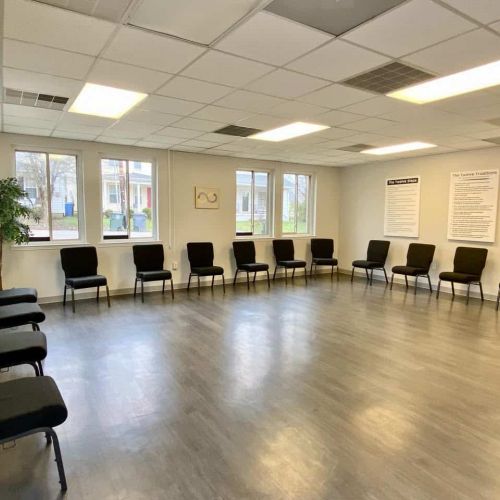





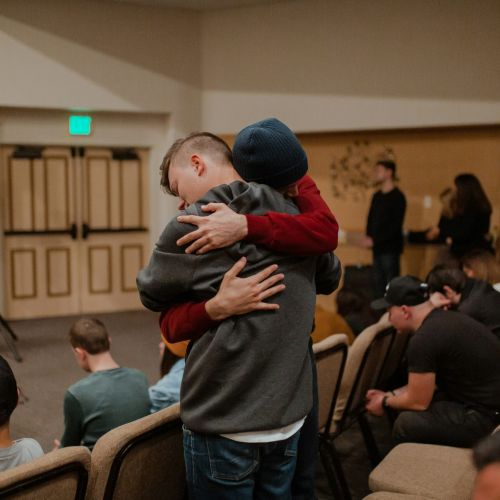

Get Family Support Now
We understand addiction affects the whole family. Our comprehensive family program helps rebuild trust and restore relationships.
Weekly Family Therapy Sessions
Educational Workshops
Support Groups
Communication Skills Training


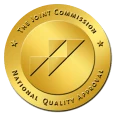




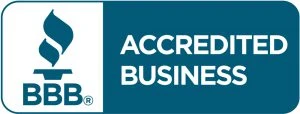





National Institute of Mental Health. (n.d.). Depression. https://www.nimh.nih.gov/health/topics/depression National Institute of Mental Health
National Institute of Mental Health. (n.d.). Substance use and mental health (co-occurring disorders). https://www.nimh.nih.gov/health/topics/substance-use-and-mental-health
U.S. Department of Veterans Affairs & U.S. Department of Defense. (2022). VA/DoD clinical practice guideline for the management of major depressive disorder (MDD). https://www.healthquality.va.gov/guidelines/MH/mdd/ National Institute of Mental Health
National Institute for Health and Care Excellence. (2022, updated 2024). Depression in adults: Treatment and management (NG222). https://www.nice.org.uk/guidance/ng222 National Institute of Mental Health
U.S. Preventive Services Task Force. (2023). Screening for depression and suicide risk in adults: Recommendation statement. https://www.uspreventiveservicestaskforce.org/uspstf/recommendation/screening-depression-suicide-risk-adults National Institute of Mental Health
Substance Abuse and Mental Health Services Administration. (2020). TIP 42: Substance use treatment for persons with co-occurring disorders (PEP20-02-01-004). https://library.samhsa.gov/product/tip-42-substance-use-treatment-persons-co-occurring-disorders/pep20-02-01-004 National Institute of Mental Health
Cuijpers, P., Karyotaki, E., Reijnders, M., & Purgato, M. (2021). Psychotherapies for depression: A network meta-analysis covering efficacy, acceptability and long-term outcomes. World Psychiatry, 20(2), 283–293. https://onlinelibrary.wiley.com/doi/10.1002/wps.20860 National Institute of Mental Health
Cipriani, A., Furukawa, T. A., Salanti, G., et al. (2018). Comparative efficacy and acceptability of 21 antidepressant drugs for the acute treatment of adults with major depressive disorder: A systematic review and network meta-analysis. The Lancet, 391(10128), 1357–1366. https://www.thelancet.com/journals/lancet/article/PIIS0140-6736(17)32802-7/fulltext National Institute of Mental Health
American Psychological Association. (2019). Clinical practice guideline for the treatment of depression across three age cohorts. https://www.apa.org/depression-guideline/guideline National Institute of Mental Health
National Institute on Drug Abuse. (2020). Common comorbidities with substance use disorders. https://nida.nih.gov/research-topics/common-comorbidities-substance-use-disorders National Institute of Mental Health
988 Suicide & Crisis Lifeline. (n.d.). Get help. https://988lifeline.org/

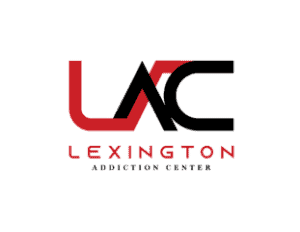
Addiction and co-occurring disorders don’t have to control your life. Lexington Addiction Center is waiting with open arms to give you the tools necessary for lasting change. Reach out to us today to learn more.